
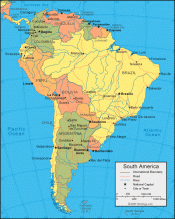
Each year from Sept. 15 to Oct. 15 the United States celebrates Hispanic Heritage Month as a way of honoring the exceptional culture and contributions of Hispanic people.
This year, we're celebrating by taking a trip around the world to explore major Hispanic regions and countries and now we're going to learn all about Hispanic South America.
South America is the fourth largest continent by area and has the fifth largest population. While it has nearly every type of landscape and climate, it is most famous for having the world’s largest rainforest, which contains 50% of Earth’s plant and animal species. It also has various levels of economic development, many of whom rely on the export of minerals, agricultural goods, manufactured goods and industrial goods. The Hispanic countries in South America are Argentina, Bolivia, Chile, Colombia, Ecuador, Paraguay, Peru, Uruguay, and Venezuela.
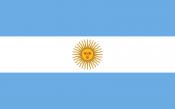
Argentina
The second largest country in South America, it is also the eighth largest in the world. It is home to the famed Andes Mountains and the fertile Pampas plains. Most Argentineans are of either Italian or Hispanic ancestry, and while there are small pockets of indigenous groups remaining they are few and far between.
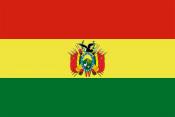
Bolivia
Bolivia has two capitals; Sucre the official capital, and La Paz, the actual capital where most government buildings are located. Half of the population is comprised of farmers, as Bolivia is a leading global producer of soybeans. There are 36 recognized Indigenous languages, as well as the official language, Spanish.
Chile
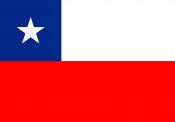
Much like the chili pepper it is named after, Chile is a long, narrow strip of a country, and is ten times longer than it is wide. It is home to the Atacama Desert, one of the driest places in the world. In 1945, poet Gabriela Mistral became the first Latin American winner of the Nobel peace prize, and her student Pablo Neruda later won it as well.
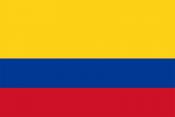
Colombia
Colombia is known as one of the largest producers of coffee in the world, and is also a source for precious metals and gems, such as gold and emerald. Colombians share a national food with Venezuela, the arepa, which is a griddled corn cake. Colombians are famed for their literature, and the author Gabriel García Márquez is lauded with popularizing the magical realism style of literature in his works.
Ecuador
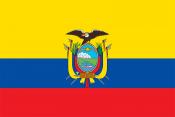
The country's name is derived from the Spanish word for equator, as it lies directly on it. It is home to the Galápagos Islands, famed for their unique collection of animals and plant species and the birth place of Charles R. Darwin’s The Origin of Species (1859).
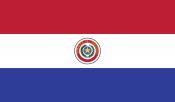
Paraguay
This landlocked country is home to the indigenous Guaraní, whose language is spoken equally with Spanish. It is also home to the native yerba maté tree, which grows in Eastern Paraguay. Traditional Paraguayan music is very popular in Latin America, and features guitars and the Paraguayan harp. The people of Paraguay are also famous for their handicrafts, especially the fine ñandutí lace.
Peru
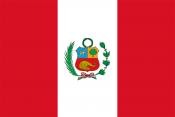
A large majority of Peruvians identify as either Indigenous or mestizo, which are people of mixed European and Indigenous heritage. They are one of the world’s leading producers of gold, copper, lead and zinc, as well as one of the leading fishing countries. Their Incan heritage can be seen in the preservation and usage in the Quechua language, which alongside Spanish makes up the official languages.
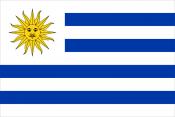
Uruguay
Like Peru, Uruguay is home to the native yerba maté tree, which is also the national drink. The gourds from the maté tree are carved and are sold as a folk handicraft that depict scenes of gaucho (cowboy) life. Domos, the gaucho rodeo, are also a popular pastime.
Venezuela
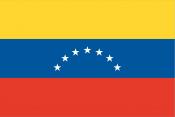
Ranked one of the world’s leading producers of and exporters of petroleum, they are also famed for their friendly rivalry with Colombia. Their national food is also arepa, which is typically fatter and split like a sandwich, unlike the flatter Colombian versions. The name Venezuela means Little Venice, as it reminded early colonizers of the canal ways of the famed Italian landmark.

Important Note: While we celebrate Hispanic Heritage Month and honor the current use of the Spanish language in South America, it's important to remember that the Spanish language reached the South America through Spanish Colonization which was both violent and deadly. Prior to Spanish colonization, South America was home to the Indigenous Aztec, Inca, and Maya, who suffered huge population losses due to war and disease brought in by both the Spanish colonizers and the enslaved Africans they brought with them.
Now that we've learned just a little about these beautiful, tropical nations we hope we've sparked your interest to learn even more. Check out the lists below for some of the resources you can explore at your local Alachua County Library.
The People





The History
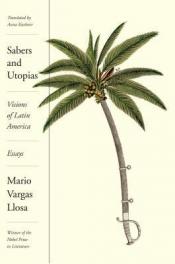
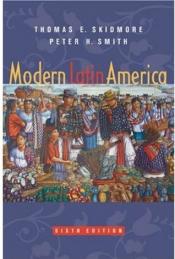
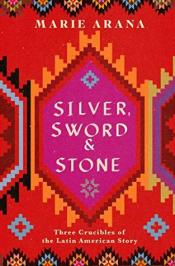
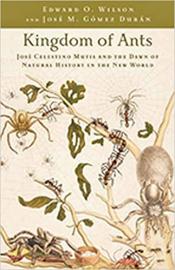

The Food & Culture

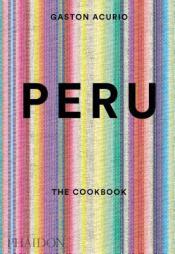
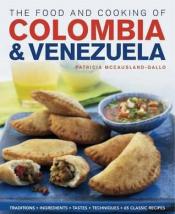
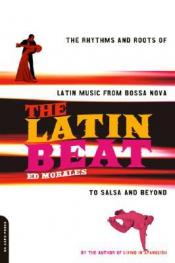
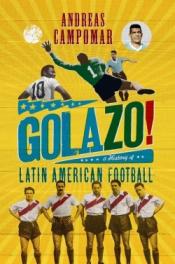
The Sights
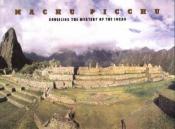



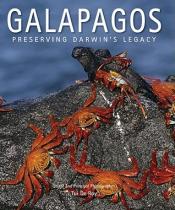
Just for Kids - These titles explore the lands and people of South America, but are leveled-down to be perfect for our youngest friends and family.

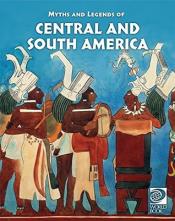

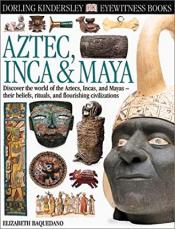

Want to keep celebrating Hispanic Heritage Month? We've got you covered! Learn all about Spain, The Caribbean Islands, Mexico & Central America, Hispanic Films, and Hispanic Music with your library!
Resources: World Book Online